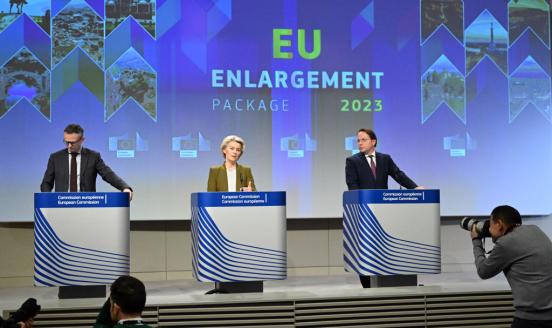How effective and legitimate is the European semester? Increasing role of the European parliament
This study was conducted for the European Parliament's Committee on Economic and Monetary Affairs: In this working paper the authors assess how a str

The European Semester is a new institutional process that provides EU member states with ex-ante guidance on fiscal and structural objectives. The Semester’s goals are ambitious and it is still uncertain how it will fit into the new EU economic governance framework.
We find that member states are only slowly internalising the new procedure. Furthermore, the Semester has so far lacked legitimacy due to the minor role assigned to the European Parliament, the marginal involvement of national parliaments and the lack of transparency of the process at some stages.
Finally, there remains room to clarify the implications from a unified legal text. In fact, diluting the legal separation of recommendations on National Reform Programmes and Council opinions on Stability and Convergence Programmes may compromise effective surveillance and governance. The European Parliament has an important role to play. It needs hold the Commission and the Council accountable. This and the overall objective of enhancing the new procedure’s effectiveness and legitimacy can be done by means of a regular Economic Dialogue on the Semester.



